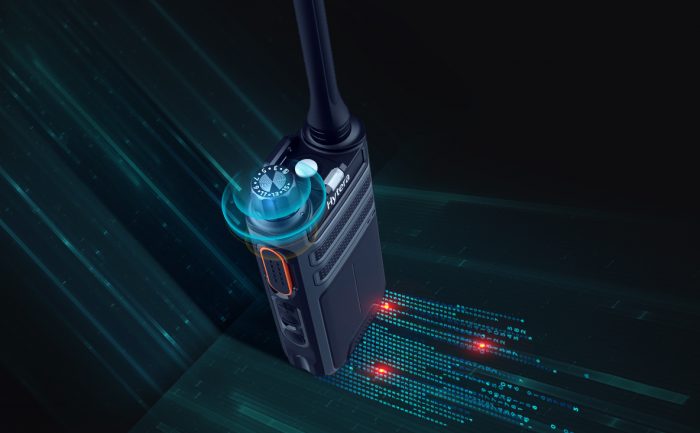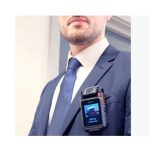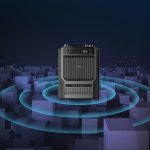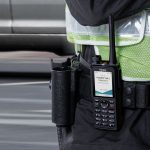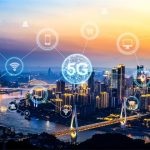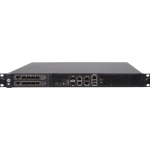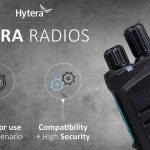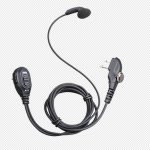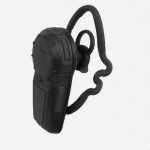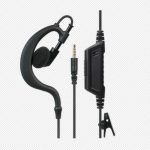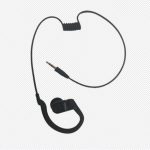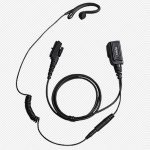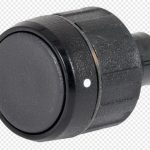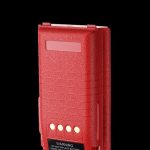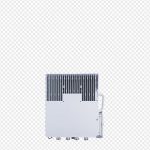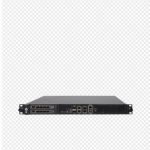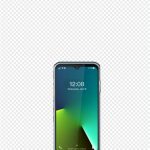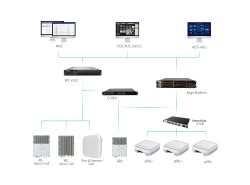Analog Radio vs Digital Radio
Digital radio is the latest radio technology, which refers to the use of digital technology to transmit or receive across the radio spectrum, while analog radio is the traditional type of radio, using frequency modulation (FM) to encode a voice signal within a carrier wave.
What is an Analog Radio?
The analog radios were originally introduced to the business world around 1933, but by then the US military had been using them for 20 years. Initially, the use of analog radios was limited to a small group of people, but it quickly developed into a more popular form of communication. Analog radios have been around for a long time, and innovation in this form of technology is at its peak.
What is a Digital Radio?
DMR, Digital Mobile Radio, is a digital radio standard by ETSI, European Telecommunications Standards Institute, and was first ratified in 2005. After this, like many similar technologies, digital radios began to evolve, becoming more compact, more powerful, and easier to use. This allows them to be used for many other purposes. Digital radios are able to meet the progressive demands of today’s society with feature-rich options such as messaging, location services, and more, for analog radios were not developed further.
The Difference Between Analog and Digital Radios
Differences between digital and analog radios can have profound effects on the user, such as range and clarity. Here are a few ways that digital radios are better than analog radios.
Better voice
Digital radios make transformed voice better, and some digital radios, such as the Hytera DMR radios, feature background noise cancellation that suppresses extraneous background sounds, such as traffic or large crowds, which may make it hard to understand.
Extended Coverage
Digital radios have error correction technology that will keep them loud and clear at all times when you reach the end of the coverage area. Furthermore, by using repeaters, the range of digital radios can be extended for hundreds of miles.
More Secure
Digital radios employ the multi-layer security mechanism integrated with both hardware and software design to provide comprehensive & adequate data protection on the device, protecting secure information from being heard by anyone, which makes it harder for eavesdroppers to snoop on classified information.
Innovative Features
Digital radios provide a variety of services according to user needs, such as GPS tracking, text messages, data, private calls, and group calls. In addition, Hytera’s latest digital radios can extend coverage by using LTE, known as convergence-native solution.
How to Convert Analog Signal into Digital Signal?
Analog-to-digital converter is a process that converts an analog signal into a digital signal: First, the signal is sampled, then quantized to determine the resolution of the signal, and finally, the binary value is set and sent to the system to read the digital signal. The analog-to-digital converter (ADC) is critical when dealing with digital systems that communicate with real-time signals.
